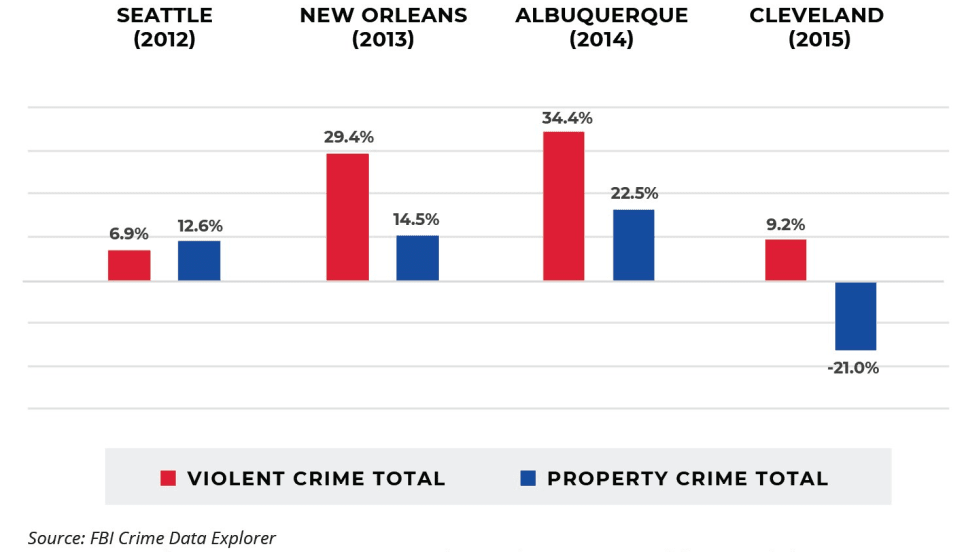The witch in Hamlet wasn't talking about a virus when she warned, "Something wicked this way comes," but these words were what came to mind when I heard about the growing coronavirus epidemic emerging from the Far East. Disease has always followed mankind and often affected history, though it is nearly unmentioned in our history books.
From approximately 1349 to 1354 around half of everyone on Earth died from the black plague and that, no doubt, had remarkable sociological ramifications for everything from child rearing to religion. One art historian remarked that for the next 200 years, infants were never painted in their mother's arms; even religious paintings showed the baby Jesus held at arm's length, if held at all, by Mary. In fact, until five, a child wasn't expected to live, which tells us a lot about the trauma humanity suffered, and the emotional impact the plague created for the next couple centuries.
Traditionally, smallpox and other microbial horrors have spared no group or nation, and it has always fascinated me how little modern man thinks or even knows about the suffering of generations prior to our modern times. I guess this is because medicine has exterminated or mitigated so much of the suffering in our immediate life spaces, even while malaria alone still kills around 3,000 children every day, or about 1 million a year according to UNICEF. The fact that this happens mostly on the continent of Africa, and nowhere near the United States, allows us to literally ignore this horrible mosquito carried plague. However, the arrival of West Nile virus in the U.S. made us all eager to see that insect killing spraying vehicle driving through our neighborhoods.
Bloodborne viruses like HIV/AIDS and hepatitis make any human fluid presence a real matter of concern. Sports, sex, accidents, biological waste, emergency rooms, and even physical confrontations become possible transmission points, and early on first responders, medical personnel, and hemophiliacs were infected before the true nature of the virus was understood.
Horrors like Ebola and other hemorrhagic fevers are the stuff of nightmares and are often featured in apocalyptic movies like "Outbreak" (1995), which showed the military getting ready to nuke a town suffering from a horrible disease. Not just movies but a plethora of scary novels began to proliferate, and if you think the horror genre of viruses had diminished, I challenge you to just look at all of the recent zombie productions and remember the real villain here…Mr. Virus!
The media itself only seems to aggravate all these problems, and when politicians jump on the bandwagon things get weird. It seems the public loses perspective and an odd type of panic ensues, loosely based on whatever the threat is. Costco is suddenly seeing people buy out all the toilet paper and bottled water, which makes you wonder just what happens if you catch this or that virus. It would seem buying Kleenex might make more sense than toilet paper but, then, who am I to judge a good panic?
I grew up knowing that my great grandfather Ulrich brought his family from Germany to Louisiana only to die almost immediately from Yellow Fever, yet my grandmother told the story as part of the family's struggle to escape a rigid class society and find freedom in the United States. Sad, successful, heroic, longsuffering, and joyful, he sacrificed his own life to ultimately bring his family to a society that he knew carried no class distinctions, but one which contained a plethora of new diseases they would face.
I guess that is the point I'm trying to make. We live in a world where we decide what risks we are willing to take, and we must compensate for those risks; just like body armor hardens us against armed assailants, our "universal precautions" developed after the rise of the HIV threat should still be a basic part of our inventory. First responders are selfless warriors precisely because, regardless of the threat, viral or mechanical, we don't "self-quarantine" to protect ourselves. We still rush to help where we are called. Blood, fluids, breath, and physical contact are part of the life of the law enforcement officer, a life that we proudly understand and embrace. And that is part of what makes us the spiritual comrades of firefighters, paramedics, nurses, doctors, and all who face risks to help others. Sadly, even as new viruses arise the old ones never completely go away; so refreshing your knowledge of the various steps you need to take to protect yourself AND your family is critical.
While the public merely needs to wash their hands regularly, you may need to change your duty boots before going home or disinfect not only your vehicle but your cuffs, your clothing, and anything else that may be contaminated. Wear your gloves, practice using your CPR mask, and if you don't have one, get one and learn how to use it. One of my friends gave CPR to a suicide years and years ago only to discover the fellow killed himself because he was in the final stages of a fatal virus. Six months of testing and terror followed for this hero, and his suffering is a powerful lesson to protect yourself. Just so you know, it turned out he was OK. But you don't want to go through what he did, so take every precaution that you can as you take risks to protect and serve.
Finally, I celebrate all you first responders for your courageous service and beg you to do your best to stay safe and healthy.
Dave Smith is an internationally recognized law enforcement trainer and is the creator of "JD Buck Savage." You can follow Buck on Twitter at @thebucksavage.







